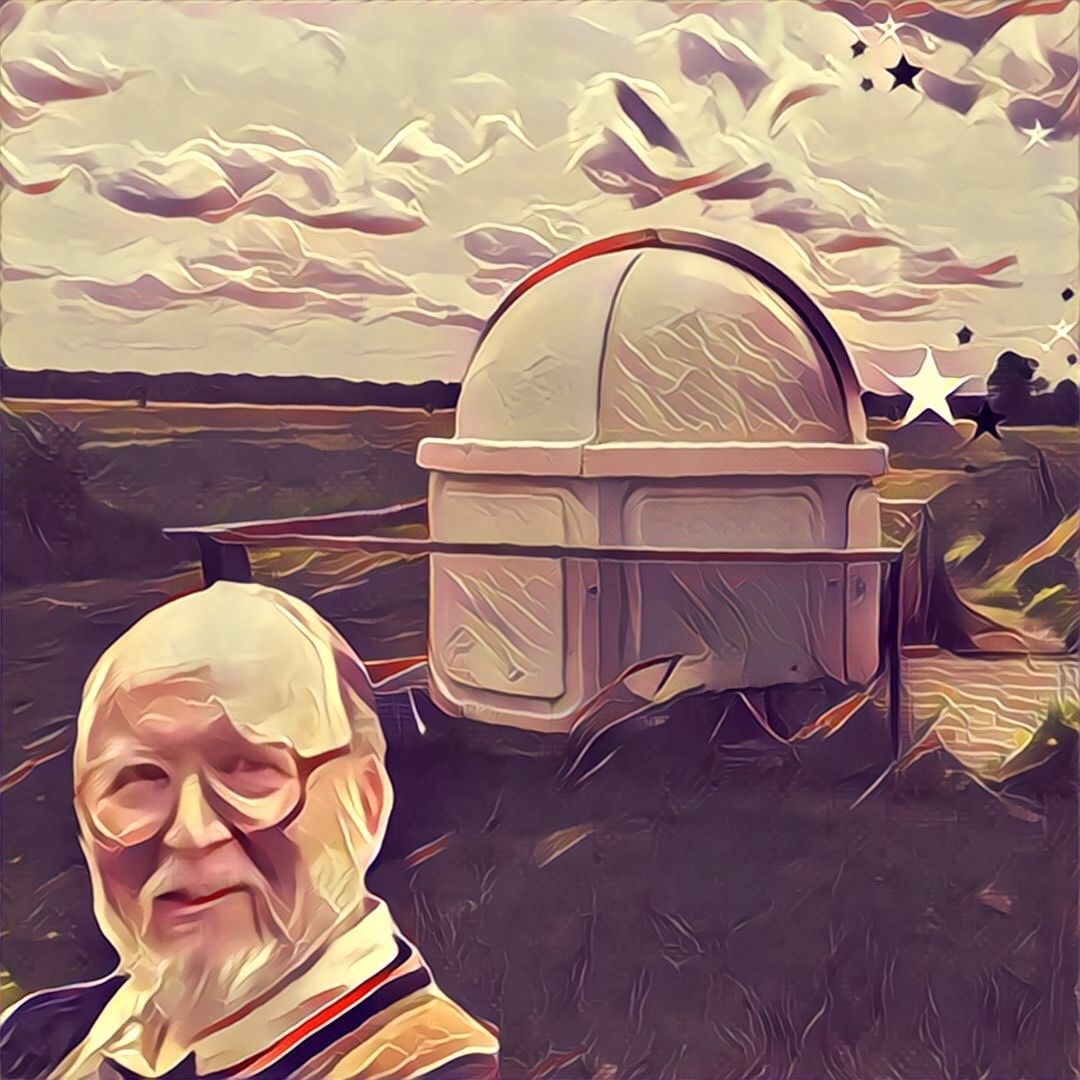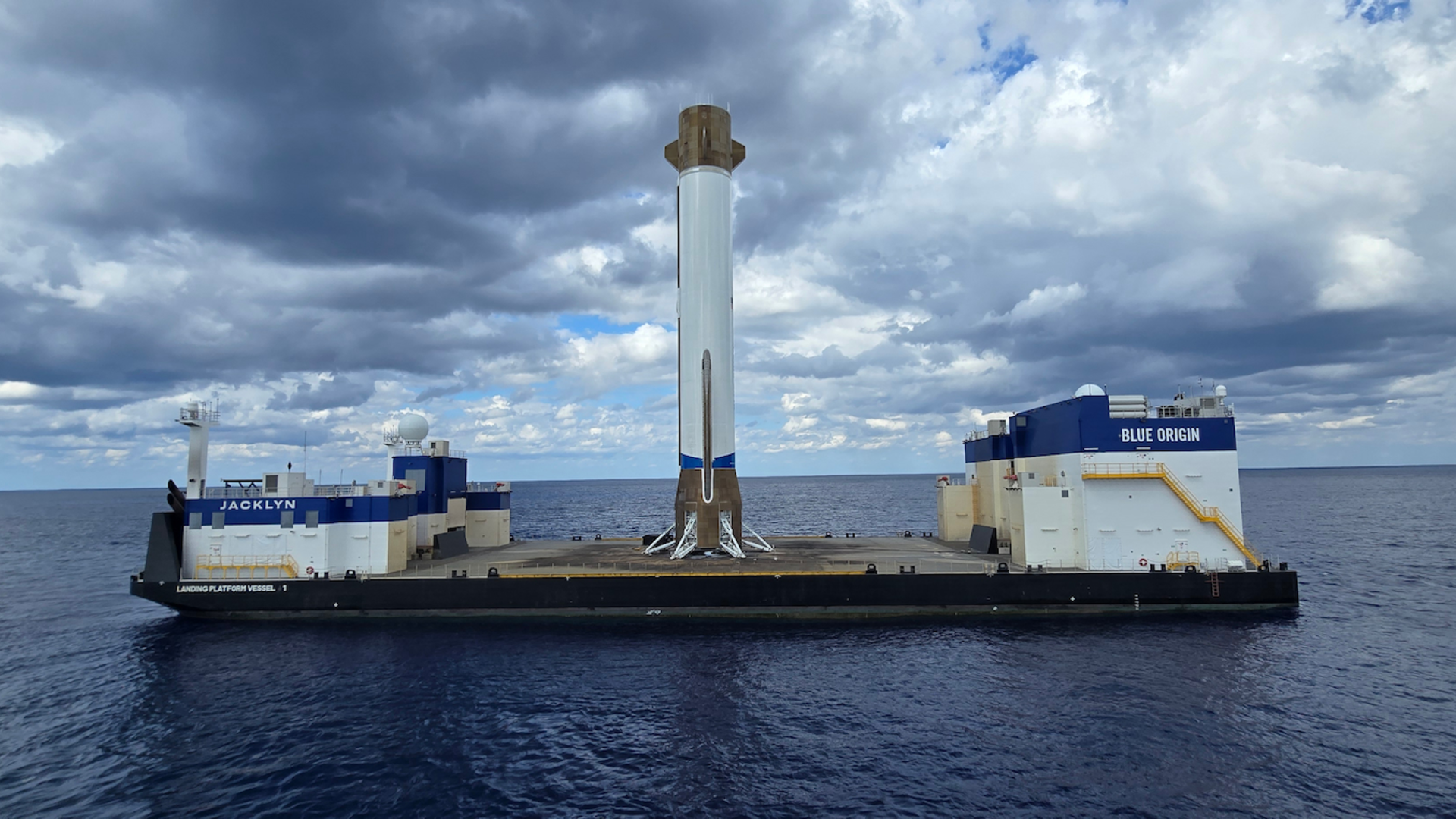Cosmic Dust Offers Zodiacal Light Show
Cosmic dust may be the last thing skywatchers expect to seein the night sky with their own eyes, but this week is a good time to spot someof it — known as zodiacal light — for observers in the northern.
The zodiacallight is a faint glow caused by millions of tiny particles along the planeof ecliptic, the path followed by the sun, moon, and planets across our sky.
The zodiacal light has long been considered one of therarest sights to see in the night sky, but in recent years seems to have beengetting brighter, so that now it often outshinesthe Milky Way.
Look for it in the western sky just after the sky becomescompletely dark, around 9:15 p.m. local time at this time of year.
This zodiacal light graphic shows where to look for the phenomenon since it is importantto distinguish between the Milky Way and the zodiacal light.
The Milky Way will be crossing the sky horizontally abouthalf way between horizon and zenith (blue line). The zodiacal light will appearas acone-shaped glow rising upward diagonally from the western horizon, in thedirection of Taurus, to the right of Orion (green line).
You will need to observe from a truly dark location, faraway from the light pollution of cities or towns. It must also be amoonless night, which is one reason why this week's viewing chances are sogood.
Breaking space news, the latest updates on rocket launches, skywatching events and more!
Another reason is that, at this time of year, the eclipticis almost vertical after sunset, so that the maximum amount of the zodiacallight is exposed ? the zodiacal light is brightest closest to the sun.
- Images— Great Photos of the Milky Way, NightSky
- TheStrangest Things in Space
- More NightSky Features from Starry Night Education
This article was provided to SPACE.com by Starry Night Education, theleader in space science curriculum solutions.

Geoff Gaherty was Space.com's Night Sky columnist and in partnership with Starry Night software and a dedicated amateur astronomer who sought to share the wonders of the night sky with the world. Based in Canada, Geoff studied mathematics and physics at McGill University and earned a Ph.D. in anthropology from the University of Toronto, all while pursuing a passion for the night sky and serving as an astronomy communicator. He credited a partial solar eclipse observed in 1946 (at age 5) and his 1957 sighting of the Comet Arend-Roland as a teenager for sparking his interest in amateur astronomy. In 2008, Geoff won the Chant Medal from the Royal Astronomical Society of Canada, an award given to a Canadian amateur astronomer in recognition of their lifetime achievements. Sadly, Geoff passed away July 7, 2016 due to complications from a kidney transplant, but his legacy continues at Starry Night.
